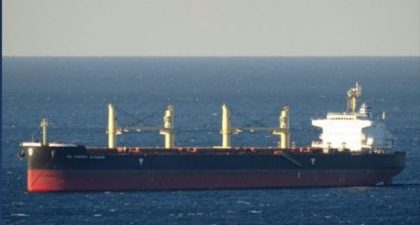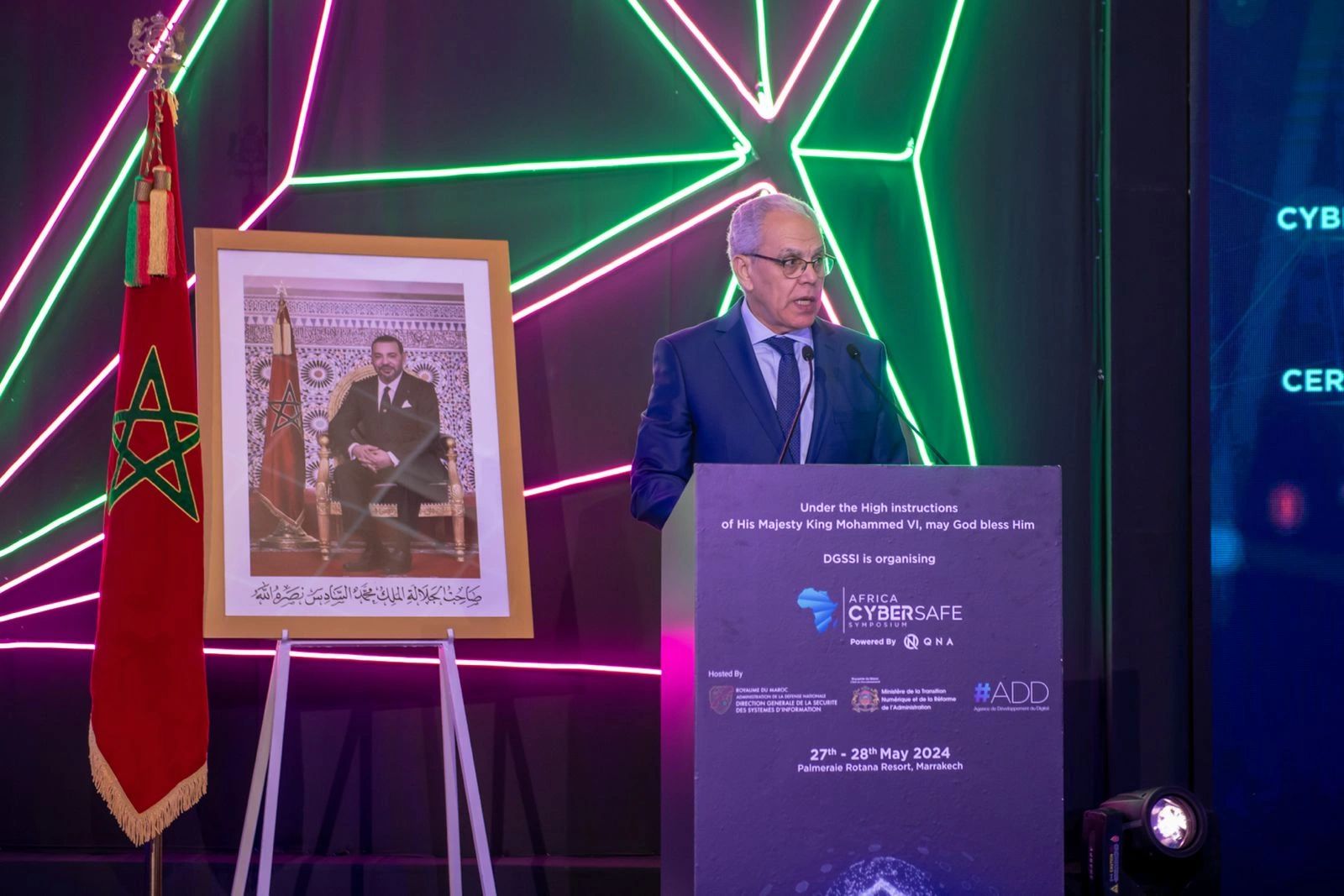 Morocco’s phosphates company, OCP, denounced the “political piracy’” practiced by South Africa, which has been detaining the vessel Cherry Blossom loaded with 55,000 tons of Moroccan Sahara phosphates bound for New Zealand for more than 70 days, in a hostile act revealing the striking partiality of Pretoria’s justice system.
Morocco’s phosphates company, OCP, denounced the “political piracy’” practiced by South Africa, which has been detaining the vessel Cherry Blossom loaded with 55,000 tons of Moroccan Sahara phosphates bound for New Zealand for more than 70 days, in a hostile act revealing the striking partiality of Pretoria’s justice system.
In a statement, the OCP and its Sahara subsidiary, Phosboucraâ, decried in the strongest terms the biased decision of the South African justice in maintaining the ship held in Port Elizabeth, adding that the South African judiciary has no legitimacy to rule on the core of the case.
This is an act of “political piracy committed under judicial cover,” deplored the OCP, denouncing South Africa’s blatant “interference in the political process led by the UN Security Council.”
OCP accused the South African judiciary of having passed “an eminently political decision and committed a gross abuse of power.”
The OCP rejected South Africa’s interference in issues relating to Morocco’s sovereignty and territorial integrity, adding that South African courts are not qualified and have no jurisdiction to rule on the use of natural resources in the region.
Last May, a South African judge ordered the ship to remain held in Port Elizabeth pending a full trial on the matter after the Polisario put forward political arguments challenging the legality of the transaction in a bid to use the justice system of its South African ally to undermine Morocco’s economic interests.
In a comment to New Zealander media on the case, Ballance chief executive Mark Wynne, buyer of Phosphates cargo on board Cherry Blossom, said that the decision of the OCP and its subsidiary to withdraw from the ruling is a “pragmatic solution” because the case could have dragged on in the court for months if not years.
Wynne vowed that his company, Ballance, would continue to buy fertilizer that was mined in the contested region. “Legally and ethically we are comfortable with buying it, and the Moroccans will continue to mine it,” he said.
Last Month, a court in Panama dismissed a similar attempt by the Polisario to block a cargo of Moroccan phosphates heading to Canada. The Panama court made it clear that a local court was not the appropriate venue to resolve international disputes and that the phosphates cargo did not belong to the Polisario.
The Polisario, a separatist entity based in the authoritarian Algerian state, is not eligible to plea or claim to represent the population in the Sahara who have their own legitimate elected bodies. This has been stressed by a European Court of Justice (ECJ) ruling that stressed that the Polisario is unqualified to challenge the Moroccan-EU farm agreements and that the agreements “do not concern the Polisario Front.”
Holding Moroccan phosphates cargos in international ports in response to complaints filed by a separatist entity that is not recognized by the UN is in itself a violation of international law.
The Polisario is not recognized by the International community as a representative of the commercial interests of the population of the Sahara, although it is considered as a party in the political process to find a solution to the Sahara conflict.
Phosboucraâ is the main private employer in the Sahara with nearly 2200 employees, 76% of whom are locals. The company’s revenues are invested in the region in the fields of human and industrial development.



